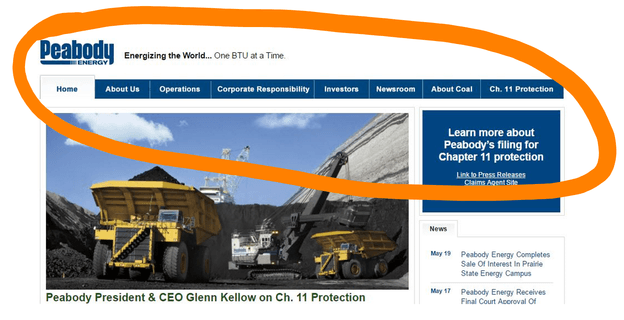
There is a clear message in this election in the swing toward fringe parties as represented by Pauline Hanson and Bob Katter. And a clear message to Malcolm Turnbull from the hard right of his party. Voters have swung away from Turnbull’s vision of a post-mining, innovation-led economy toward politicians who they perceive as more likely to protect their jobs against offshore call-centres and globalisation.
A fresh example: yesterday, Turnbull met with Nick Xenophon to find a way to get Arrium out of financial difficulty, with a $50m package now on the table. Arrium’s steel business has not been competitive for a long time, and has been costing shareholders, banks, employees and now in all likelihood taxpayers.
Whatever the merits in this particular case, it’s not hard to see where this is going. Voters have told the parties who represent them they want to roll back the years to a time when their jobs were safer, their conditions better, and their manufacturing businesses enjoyed pricing power, with the bounty shared amongst the existing citizens instead of any new ones: the pre-globalisation world.
While certainly not wishing ill on those whose livelihoods depend on this, it is nevertheless a bad thing. This is because it will ultimately come down to a choice, given finite resources, of bailing out troubled businesses at the expense of finding a way forward.
The problem with bailouts is that they provide a sugar hit without fixing the problem. And markets don’t accept them, which means they remain un-financial.
Bail-outs are just another way for societies to remain in denial about how the world has moved on. They are also a manifestation of the way disruption hits companies. Arrium has its problems here, but globally (for example) energy companies are going through the same kind of thing, just with a different playbook.
In the US, three attorneys-general (Massachusetts, California and New York Attorney) are trawling through internal documents and public filings of oil major Exxon, looking at whether the company has knowingly misled the public and shareholders on issues of climate science. The outcome of this directly impacts the energy assets Exxon holds, given that there is a belief that two thirds of the oil in the ground should never be burned, and so should be declared unsaleable.
Irrespective of whether or not we believe in climate change – or that Arrium could have a bright future if it was re-structured – as investors we will not be spared from the valuation impacts of these issues on the companies in which we invest, like BHP and Woodside. Does anyone doubt that Australian coal companies are less valuable today, two months after Peabody Energy filed for Chapter 11? When they say stranded assets, this is what they mean.
I don’t want to be the apologist for innovation as an asset class: it has its problems. But because of our geographic isolation and small population base, we are already at a competitive disadvantage relative to the big innovation hubs in the US, Europe and China. The press out of China this morning has revealed that Chinese on-line retail giant Alibaba is also working on its own autonomous electric car, as is Baidu, SAIC, Apple, GM, Google etc.
So here’s a thought: why not use the money going into bail-outs to offer tax breaks and the like to the electric and autonomous car industries, thus re-purposing all that productive South Australian capacity?
It would be better if Australian taxpayers and shareholders and entrepreneurs created the pre-conditions for new industries, rather than lurching toward protectionism in a bid to hold onto the past for a little longer.
Share this Post

